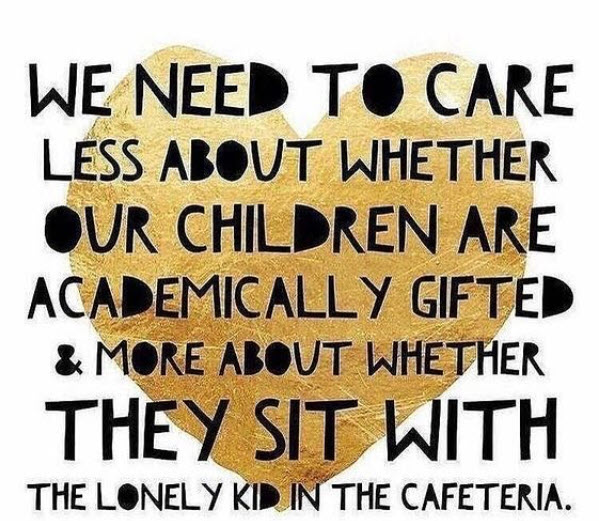Unsolicited Advice for New (and Old) College Professors

We are in the thick of the spring semester at my university and, earlier this morning, I was pondering the students that have worked in my laboratory and are planning to graduate. I get to know them very well and it’s exciting to see this chapter in a student’s life come to a close and the next chapter open.

Thinking about them made me wonder how many students I have encountered during my nearly seven years at my current university. I estimate that it is at least 1000. It may be as high as 1500. They’re really great and one of my favorite parts of my job is watching them learn.
But, this is also a highly dynamic time in their lives. They are becoming adults and they start to experience adult problems. They experience emergencies, accidents, loss, illness, mental health struggles, family strife, marriage, divorce, and childbearing. Some of them are experiencing very adult problems while, at the same time, living away from their home support network for the first time. When you encounter >1000 students, the laws of probability dictate that some of them will experience some type of interruption to their studies. I estimate that, each semester, I have had at least 2-3 students experience some type of unanticipated interruption in their studies. It’s frequent enough that, from my perspective, it is no longer surprising when a student has some major life event during the semester.
The problem I am noticing is that some students come to college with a world view that is, to put it delicately, absolutely fucked up. I experienced it as a parent for the first time two weeks ago when I attended high school registration for Little I. At the beginning of the session, one of the counselors went on and on about the importance of these next couple of years. If students didn’t enroll in AP and honors courses and take their grades very seriously, they may not get into college. And then what would their life be worth? The irony that this is a university town and the majority of the parents work at the university was not lost on me, and it made me think of this recent post from Britney Spears’s Instagram:

Many of our students are coming to university having been taught that if they are not perfect, they could destroy their future. This adds a level of stress to already stressful life events. Sometimes trying to stay engaged with school and handle a major life event makes both situations worse.
The point is, these events happen frequently enough that the onus is on us to know how to counsel these students and to understand the university’s policy toward student absence. My university’s policy is great. If a student needs to be absent for more than a few days, they can contact the registrar’s office, who notify instructors about the student’s absence. There’s no need for a student to provide documentation to me directly, or to disclose the nature of their absence. In fact, if a student starts to inform me about why they are going to be absent, I tell them that there is no need for them to disclose any personal information to me and that they should contact the registrar and student disability services. That puts me in the position to do what I love the most – to encourage them, help them find resources, and remind them that I am here to help them be successful. It keeps the student from being in an uncomfortable position of having to convince me that whatever is going on in their life is more important than my precious course and opens the door for us to work with the college and student disability services to come up with a plan that is academically and financially in the student’s best interest.
I also believe it is none of our business why a student misses a class and I avoid putting them in the position to choose between discomfort and dishonesty. I was once less than honest with a faculty member I felt demanded an explanation for an absence. I told this professor that someone in my family was ill. The person was me and I had missed an appointment because I was miscarrying my second child. I hadn’t told my husband and didn’t think it was appropriate to tell others before I had told him. So, I just didn’t tell the truth and I have always resented feeling like I owed someone in my professional life and explanation for my personal life and drives me to never ask a student to show me proof of anything.
If you’re a new professor, or even an old professor, do yourself and your students a service and make sure you know your university’s absence policy.




